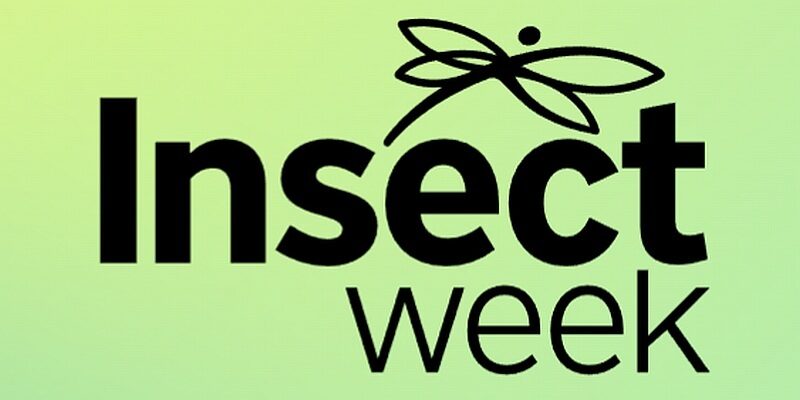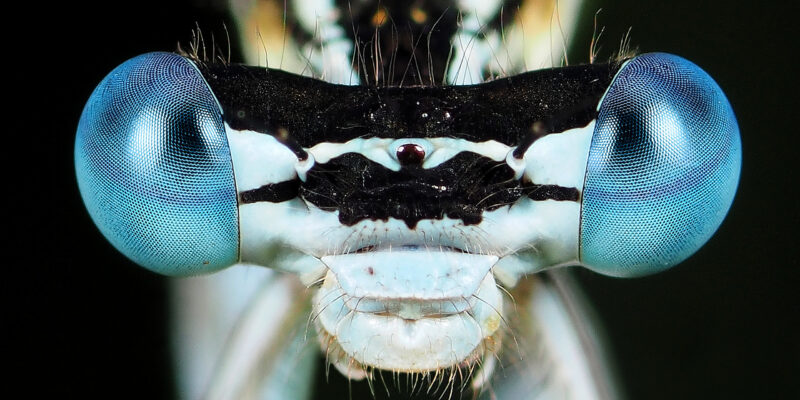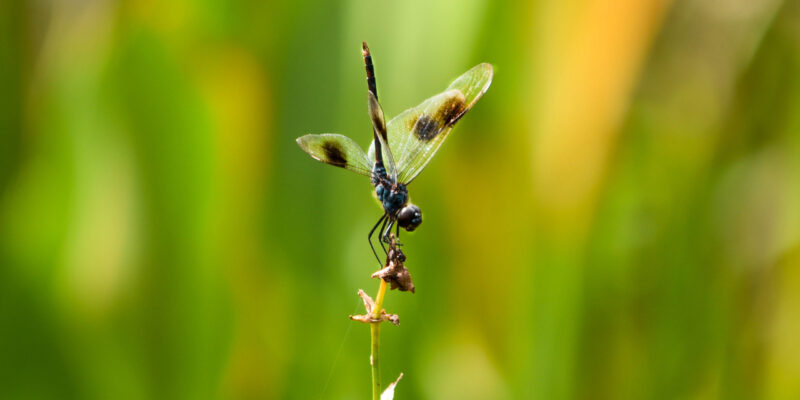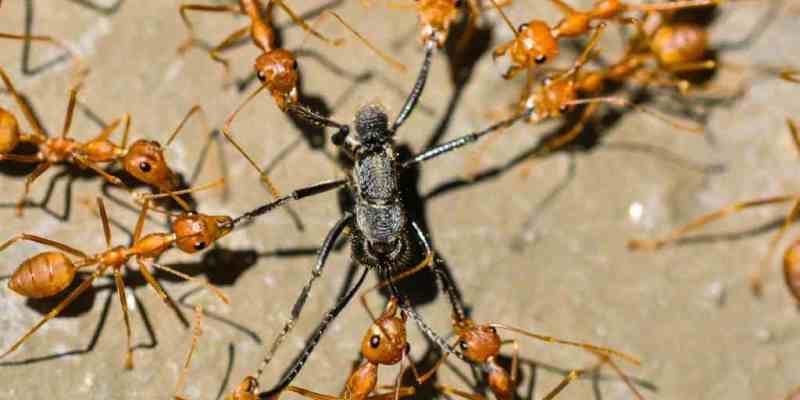The Eleanor Ormerod Award for Application and Practice recognises outstanding contributions, from individuals or teams, to the practical application of insect science across a wide range of fields.
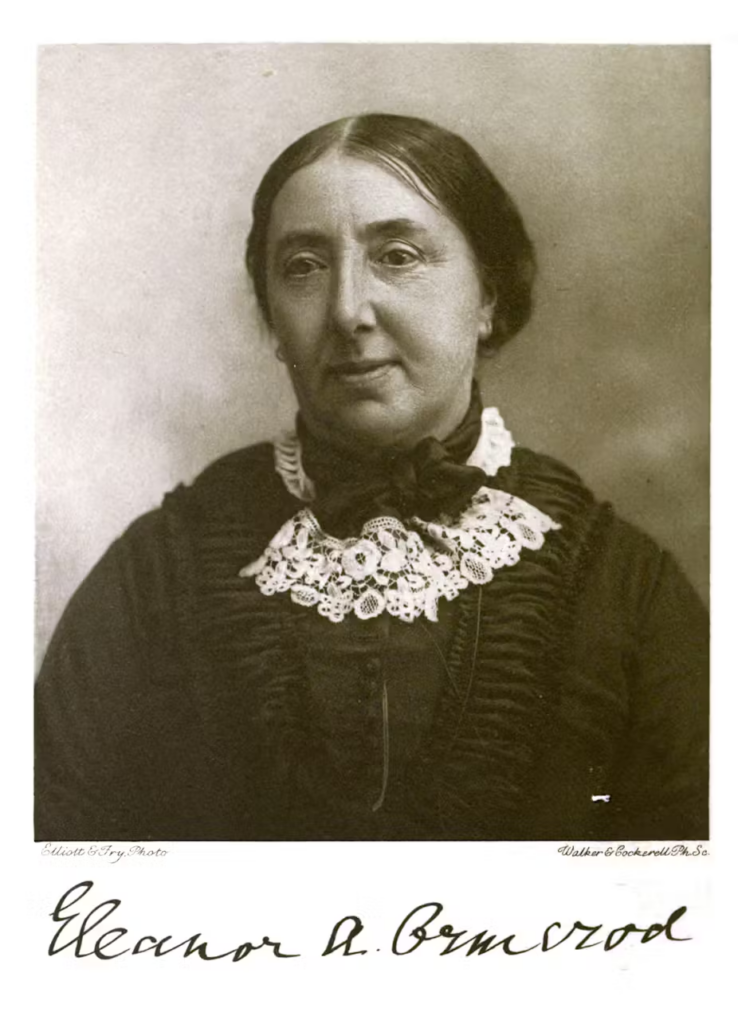
This award celebrates the legacy of Eleanor Anne Ormerod (1828-1901), a pioneer in applied entomology and one of the first women to gain professional recognition in the field.
Her work in agricultural pest control was an important foundation for modern integrated pest management practices and the application of research.
Ormerod’s dedication to using insect science to solve real-world problems continues to inspire practitioners.
| Award topic | Description |
|---|---|
| Award criteria | The award highlights the critical importance of entomological knowledge in addressing some of the world’s most pressing challenges. |
| Prize | £400 Certificate RES membership for 1 year |
| Eligibility | The Eleanor Ormerod Award is open to: Entomologists or teams applying insect science in fields such as agriculture, horticulture, public health, ecology, or veterinary practice. Professionals involved in the use of insect-based solutions, such as insect farming for food and feed, biological control, pest management, or ecosystem conservation. Both RES Members and Non-Members are eligible, with nominations encouraged from around the world |
| Adjudication | Science, Policy & Society Committee |
| Entry | Nomination form and EDI form on this webpage. |
The award highlights the critical importance of entomological knowledge in addressing some of the world’s most pressing challenges. It recognises individuals or teams whose work has advanced the application of insect science in key areas such as:
- Agriculture: Innovative solutions to crop protection, pest management, and sustainable agriculture practices that enhance food security and reduce environmental impact.
- Horticulture: Contributions to managing insect pests and promoting beneficial insects in managed landscapes and growing horticultural crops.
- Veterinary and Medical Entomology: Applied research and practices that mitigate insect-borne diseases affecting both human and animal health, improving public health outcomes through vector control and management strategies.
- Insect Farming and Food Production: Innovative work in using insects as a sustainable protein source for animal feed or human consumption, as well as advancements in insect farming practices.
- Public Health: Contributions that help control insect populations responsible for spreading diseases such as malaria, dengue, and Lyme disease, including advances in surveillance, control measures, and community-based solutions.
- Ecology and Conservation: Efforts to protect and conserve biodiversity by applying insect science to habitat restoration, species conservation, and management in urban settings.
- Urban Pest Control: Innovations in managing urban insect pests in ways that reduce chemical use and environmental harm, while ensuring public health and safety.
This award aligns with the Royal Entomological Society’s vision to enrich the world with insect science. It recognises individuals or teams whose work has had demonstrable impact, translating scientific understanding into practical solutions that make a difference in the world.
Objectives
The Eleanor Ormerod Award aims to:
Promote the importance of applied entomology in addressing global challenges such as food security, climate change, biodiversity loss, and public health crises.
Recognise entomologists who have applied their expertise to tackle real-world challenges in fields such as agriculture, horticulture, ecology, veterinary and medical entomology, and insect farming.
Highlight innovations that enhance the understanding and management of insects in practical settings, whether through pest control, ecosystem services, or food production.
Celebrate those who collaborate with researchers, practitioners, industry, and policymakers to achieve tangible outcomes that improve sustainability, health, and economic viability.
Eligibility
The Eleanor Ormerod Award is open to:
- Entomologists or teams applying insect science in fields such as agriculture, horticulture, public health, ecology, or veterinary practice.
- Professionals involved in the use of insect-based solutions, such as insect farming for food and feed, biological control, pest management, or ecosystem conservation.
- Both RES Members and Non-Members are eligible, with nominations encouraged from around the world
Prize
£400
Certificate
RES membership for 1 year

To Nominate
Nominations must include the following:
- A completed nomination form. Self or third party nominations are accepted
- A supporting letter (500 words max) from a colleague, client, or collaborator, explaining the nominee’s contribution to applied entomology.
- A brief statement (300 words max) from the nominator detailing the nominee’s impact in their field of work and their innovative approach.
- Optional: Website information, social media links (e.g., LinkedIn profile) that highlight the nominee’s work and achievements.

Timeline
Nominations open: 3rd October 2024
Deadline for submission: 1st February 2025
Award recipients will be notified by May 2025 and honoured at a RES event
Assessment Criteria
Innovation in Application: Has the nominee developed new methods, technologies, or strategies to address entomological challenges in their field?
Impact on Society and Industry: What measurable outcomes has the nominee achieved in sectors like agriculture, veterinary or medical entomology, or ecology?
Collaboration and Knowledge Exchange: Has the nominee worked with diverse partners, such as industry, government, or NGOs, to translate insect science into practical solutions?
Sustainability and Ethics: Does the nominee’s work reflect long-term, sustainable solutions with consideration of environmental and ethical factors?
Thank you for your interest in the Eleanor Ormerod Award for Application and Practice in Entomology. Please ensure you have also completed the Awards & Grants EDI Form and all other steps of the application process.


